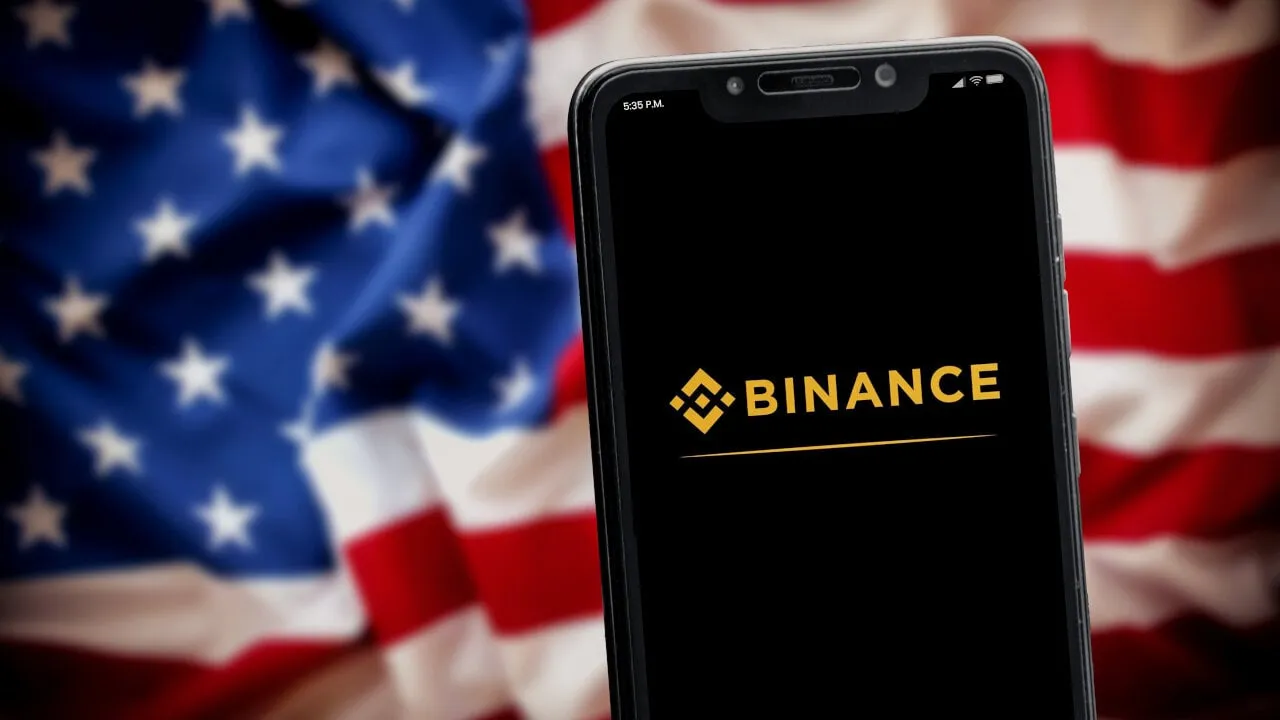Binance.US and the Securities and Exchange Commission have reached an agreement that avoids the freezing of exchange assets in return for greater transparency and oversight, according to a consent order approved this morning.
The consent order, signed by United States District Judge Amy Berman Jackson, comes after the SEC filed an emergency order last week calling for the freezing of assets held by Binance.US holding companies and the repatriation of assets to the U.S.
The subsequent agreement still results in asset repatriation, with Binance agreeing to ensure that a pair of Binance.US holding companies “maintains possession, custody and control in the United States of all fiat currency and crypto assets that are deposited, held, traded, or accrued by customers.”
Binance CEO Changpeng “CZ” Zhao posted a short statement on Twitter this morning, again assuring customers that “user funds have been and always will be safe and secure on all Binance-affiliated platforms.”
“Although we maintain that the SEC’s request for emergency relief was entirely unwarranted, we are pleased that the disagreement over this request was resolved on mutually acceptable terms,” he wrote.
John Reed Stark, cybersecurity consultant and former chief of the SEC Office of Internet Enforcement, called the agreement “unprecedented, exhaustive and onerous.”
“This consent order will be one of the most burdensome, awkward, inconvenient and far-reaching crypto-related orders in SEC history,” Stark observed on Twitter. “The SEC has been given a role akin to a Binance independent consultant, a remedy often granted to the SEC after the SEC prevails in an enforcement action.”
The agreement gives Binance 45 days to provide to the SEC a list of every account or wallet under its management since December 1, 2022, along with associated financial institutions and account numbers. Binance must also produce a record of asset transfers greater than $1,000 in value in that same time period, along with recipient names and reasons for the transfer.
As for the SEC’s concerns over Binance.US solvency, the agreement demands information on “encumbrances or limitations that would make them unavailable for transfer or withdrawal by customers… and whether there are sufficient assets to satisfy customer liabilities or meet customer claims for customer assets held on their behalf within 10 calendar days of service of such request.”
Binance.US must also make sure that no access or control of assets is given to Binance, its CEO Changpeng Zhao, “or any Zhao- owned or Zhao-controlled entity.”
Finally, Binance.US will have to provide the SEC monthly reports covering its “ordinary course businesses expenses.”
All of this is established as the SEC’s civil action proceeds to trial, for which Judge Jackson provides 90 days of “expedited discovery” by the SEC.
“Should any Binance defendant violate any provision of this order, US DOJ could step in and file obstruction-related charges,” Stark observed. “So fail not at your peril, Binance.”

